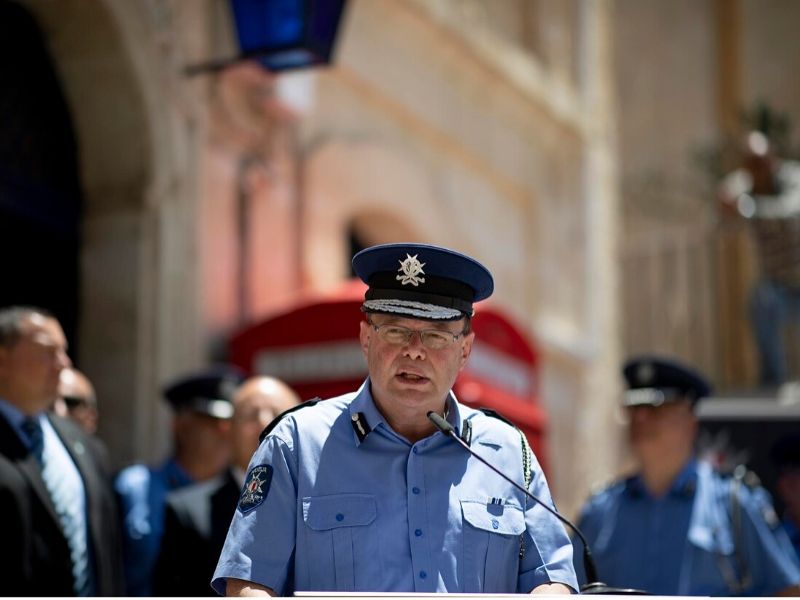Law enforcement in Malta is unable to prosecute corruption involving high level government officials.
At least, that’s the impression they give to anyone following the public inquiry into the assassination of Daphne Caruana Galizia.
The former police commissioner was especially powerless in this regard. You’d think the country’s top cop could direct efforts as he saw fit but, according to Lawrence Cutajar, you would be wrong.
“First you gather evidence,” Cutajar insisted, “then you call people in.”
Judge Michael Mallia was incredulous. “This is a delaying tactic to do nothing,” he said. “You spent a whole year after the publication of the Panama Papers doing nothing.”
Reason would suggest the politically-connected firm’s servers contained even more proof, but again, Cutajar claimed he needed ironclad evidence in order to seize that very same ironclad evidence.
The inept Head of Police wasn’t the only law enforcement official who suffered from an inability to act against the systemic corruption that was obvious to everyone else.
Like every other official to testify before the inquiry, the former Head of the Economic Crimes Unit Ian Abdilla pointed his finger at someone else.
And in another episode in the series of public officials testifying before the public inquiry saying they don’t know anything, former Deputy Prime Minister Louis Grech told the court that he did not know Nexia BT’s Brian Tonna. Daphne had already revealed their business ties and reported that it was, in fact, Grech who introduced Tonna to the former chief of staff. The Panama companies were set up afterwards.
People no longer believe what public officials are telling the board of inquiry under oath — especially when their testimony repeatedly contradicts known facts or their own previous statements.
Will there ever be justice for Daphne when every institution in the country — from the Office of the Prime Minister to the police and the Attorney General — are so wilfully incompetent and so thoroughly compromised?












